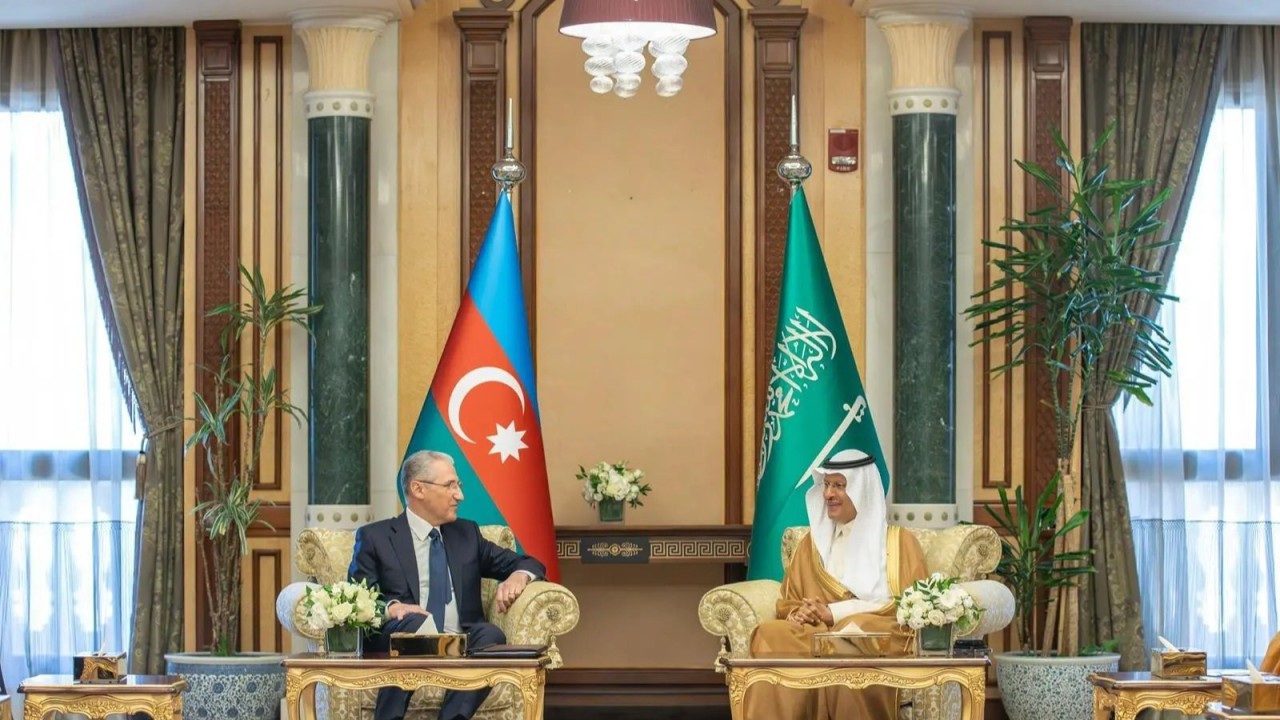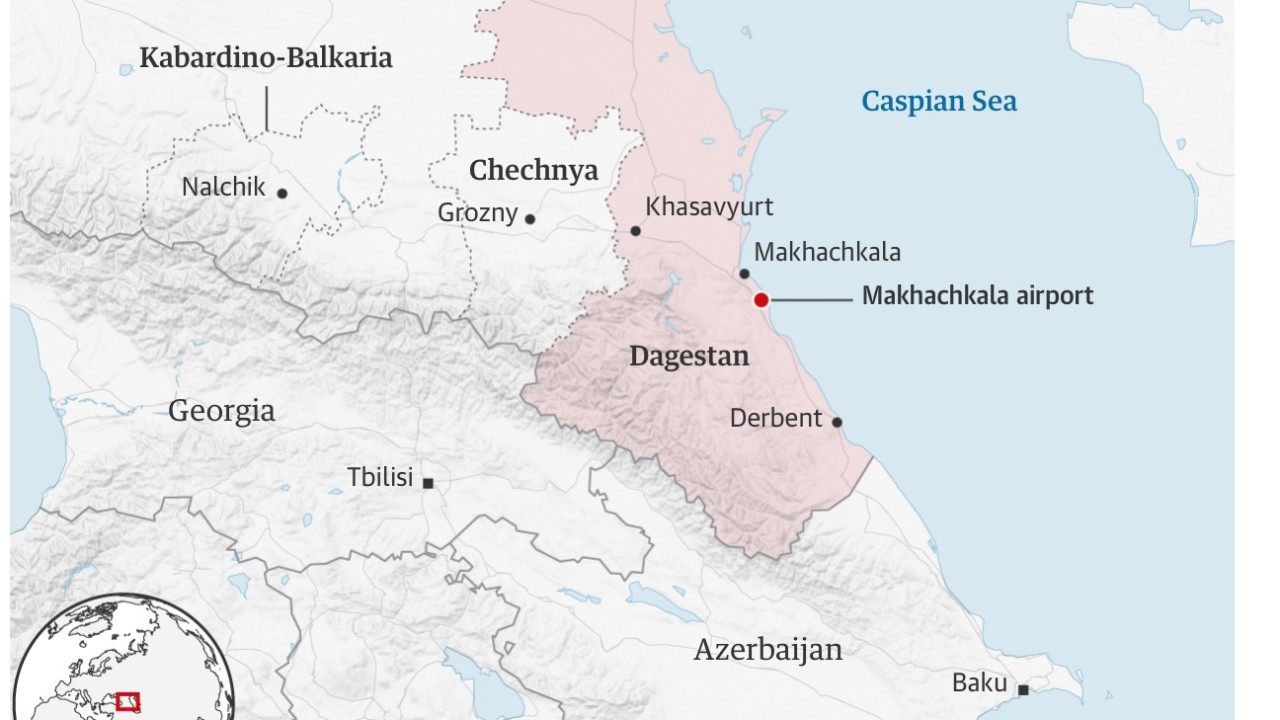Welcome to the South Caucasus Brief, a monthly update from the Institute for Security Analysis. Now more than ever, stakeholders need clarity and cohesion when it comes to South Caucasus policy. In this newsletter, ISA’s experts provide personal observations and analysis on overlooked developments reshaping the region.
Leading this month
Amid continued political turbulence in Tbilisi, this month’s South Caucasus Brief begins with an examination of Azerbaijan’s not-so-covert interference in Georgia’s parliamentary elections.
During the recent polls, Baku intervened on behalf of its Russia-backed authoritarian bedfellow the Georgian Dream. (Hungary, another authoritarian fixer, also fielded assistance.) In the run-up to the election, Azerbaijan’s state-run media outlets, including those broadcasting in Georgia, coordinated praise for the ruling party. Baku also mobilized its local networks — particularly in the Azeri-majority Kvemo Kartli region — to deliver votes for the Georgian Dream. (Azerbaijan has previously leveraged co-ethnics to influence political processes in Russia’s Dagestan.)
In a recent interview with the Kremlin’s Rossiya Segodnya new agency, Azerbaijani President Ilham Aliyev, who fashions himself a regional overlord, confirmed Baku’s pronounced meddling in Georgia. While blasting Georgia’s “instability” — and the country’s Western-funded civil society sector — Aliyev admitted that Azerbaijan is “taking all steps to stabilize” its neighbor. This somewhat tacit acknowledgement highlights Azerbaijan’s prominent role as an authoritarian enforcer — and Moscow’s local proxy.
(Baku is increasingly serving as a regional custodian of Russian interests. This new mode of collaboration reflects Russia’s evolving approach towards its near abroad — and Azerbaijan’s growing strategic value vis-à-vis the Kremlin.)
As part of its regional campaign to shore up authoritarian resilience, Azerbaijan has also invested in longtime ally Turkish President Recep Tayyip Erdogan. Over the last decade, amid economic malaise, Azerbaijani largesse has helped sustain Erdogan’s political machine — and its web of patronage networks. (SOCAR Turkey serves as a linchpin of Azerbaijan’s influence network in Ankara.)
And during high-stakes Turkish presidential polls in 2023, Baku, along with Moscow, decidedly intervened to float its favored candidate. The authoritarian duo rolled out a bag of tricks to improve Erdogan’s electoral prospects — delayed debt repayments, media manipulation and outright political intervention. (According to observers, Aliyev played a key behind-the-scenes role in choreographing far-right candidate Sinan Ogan’s endorsement of Erdogan, which boosted the latter’s fortunes in the second round.)
The Baku-Moscow tandem, armed with a common agenda, is intensifying efforts to undermine democratic resilience and pursue geopolitical interests. (Undermining the West’s local footprint is a particular priority.) This growing collaboration poses a significant threat to states on the front-lines of authoritarian aggression (i.e., Georgia, Armenia and Ukraine).
What we are watching
Peace exploited. Across Eastern Europe and the South Caucasus — Hungary, Romania, Armenia and Georgia — ruling elites are manipulating “peace” agendas to advance partisan interests and, in many cases, defend engagement with Russia. These narratives, drawn from Kremlin talking points around Ukraine, stress the futility of conflict and promote the collective benefits of regional cooperation. (Conveniently, these narratives fail to acknowledge or condemn aggressor states.)
These “peace” narratives are increasingly prominent across the (dis)information strategies of ruling parties in Georgia and Armenia. While campaigning for recent parliamentary elections, the Georgian Dream engaged in routine scaremongering, tacitly implying that continued antagonism vis-à-vis Russia risked drawing Georgia into a Ukraine-like quagmire. This “pragmatic logic” — detached from reality — aims to cast the Georgian Dream as responsible stewards of the country’s geopolitical orientation. (This hallow claim — along with Ivanishvili’s recent overtures — are part of a sustained campaign to present diplomatic engagement (not confrontation) with Russia as a resolution to Georgia’s territorial disputes.)
And in neighboring Armenia, the increasingly authoritarian administration of Prime Minister Nikol Pashinyan has leveraged its “peace” agenda vis-à-vis Azerbaijan to consolidate domestic power and secure exclusive access to Western actors — and largesse. Armenian authorities — and their growing network of “expert” influencers and online trolls — regularly label critics, domestic and foreign alike, as “warmongers” and “pro-Russian.” (Ironically, Yerevan uses the normalization process as both a public platform to burnish its pro-West, anti-Moscow credentials — and a smokescreen to mask its still-intimate ties with the Kremlin.) The Pashinyan administration also exploits peace talks to perpetuate the myth of Armenia’s fledgling democratic opening, which has long faded.
(Ethiopian Prime Minister Abiy Ahmed used similar tactics — dangling the prospect of an artificial peace with longtime rival Eritrea — to maintain Western support despite growing signs of authoritarian drift and genocidal conduct. Dozy diplomats in Addis Ababa were keen to accept the Ethiopian government’s convenient narrative.)
CSTO theatrics. Amid a highly publicized row, Yerevan has long declared its imminent departure from the CSTO, a Russian-led military alliance. Despite its chest thumping, Yerevan has repeatedly delayed withdrawal — and instead leveraged the protracted saga to manipulate domestic audiences and international stakeholders.
To date, Armenia’s drawn out withdrawal from the CSTO has been more rhetorical than substantive. Despite “freezing” its membership and lobbing rhetorical salvos, no formal steps have been taken to initiate the six-month withdrawal process required by the CSTO’s regulations. This calculated ambiguity — publicly condemning the CSTO yet remaining within its fold — has helped Yerevan polish its hallow pro-Western image, while deflecting blame for its own glaring defense failures. (All the while, the Armenian authorities have avoided Russian red lines — and onlookers are none the wiser.)
Abkhazia crisis. Abkhazia’s geopolitical crisis continues unabated, compounded by Russian meddling. Amid Abkhaz opposition to a Kremlin-favored legislative package — which would lift a moratorium on foreign property ownership — Moscow has rolled out a series of coercive measures. These include lifting longtime energy subsidies, which has sparked a crippling power crisis across Abkhazia. (Russia’s hardball antics are also wreaking havoc across the the breakaway territory of Transnistria.)
The Kremlin’s energy blackmail is part of a months-long campaign to cow Abkhazia into submission. In September, Russian authorities curtailed financial assistance to cash-strapped Sukhumi. And last month, Russian authorities delivered simultaneous blows to the Abkhaz economy: restricting tourism and curbing imports of mandarins, both key sources of foreign currency. (There are also reports that Russia-based Abkhaz students are being press-ganged into the Kremlin’s war machine in Ukraine — likely as cannon fodder.)
These pressure tactics are surging amid fresh presidential polls slated for February 15. At the time of publication, five candidates have registered for the upcoming elections. (Ousted leader Aslan Bzhania previously declared his candidacy, but appears to have abstained.)



